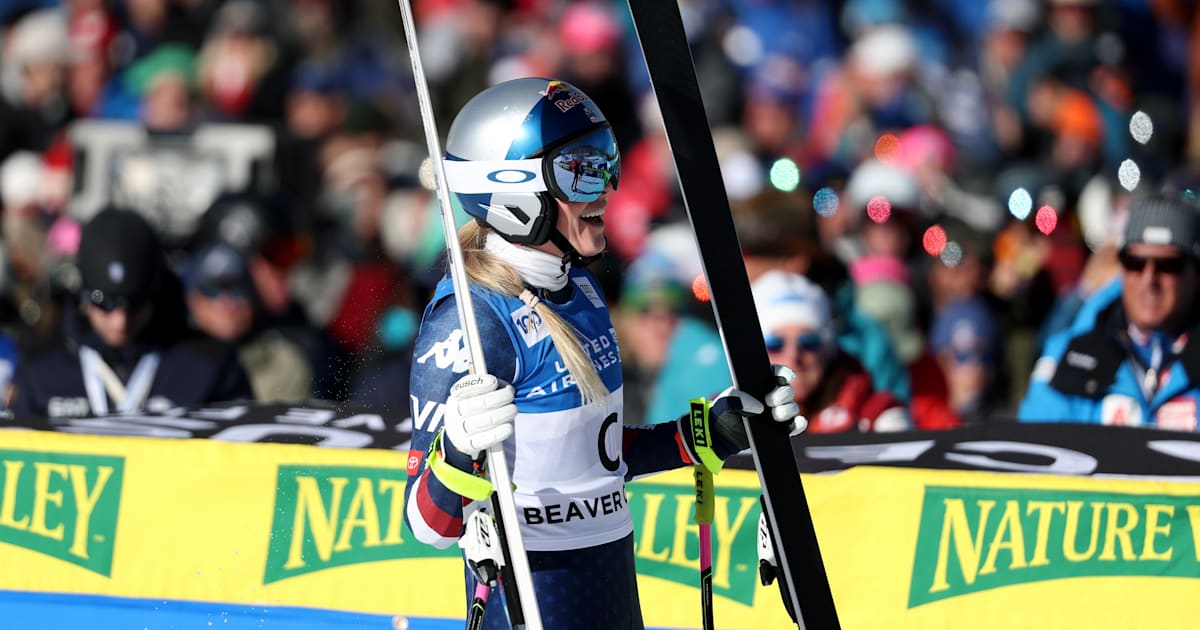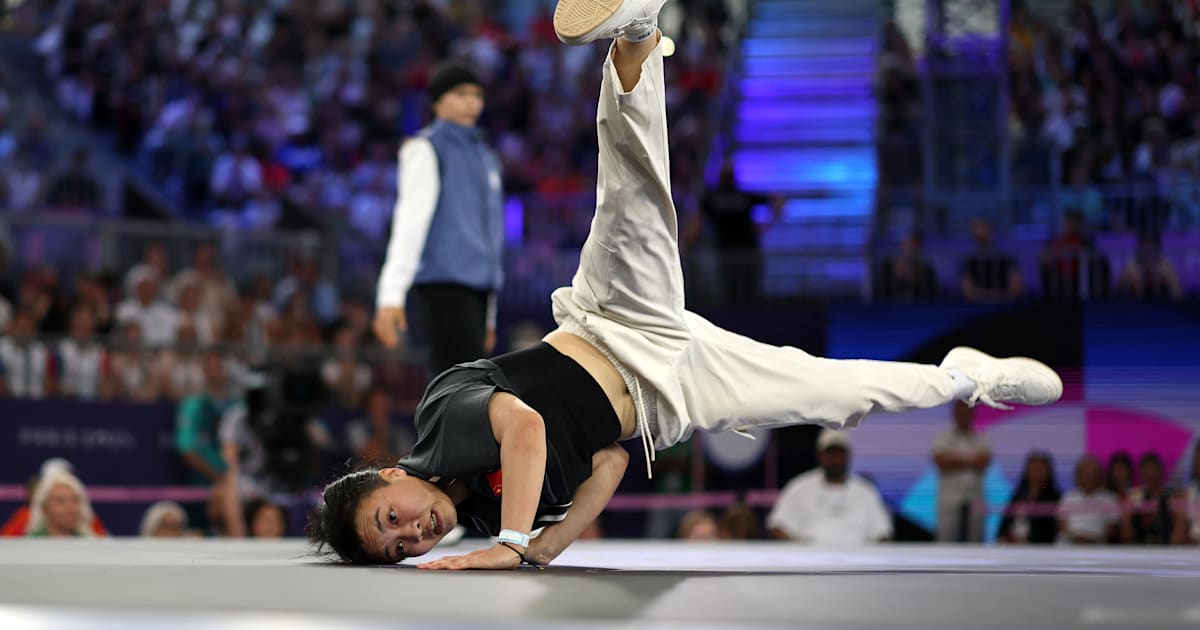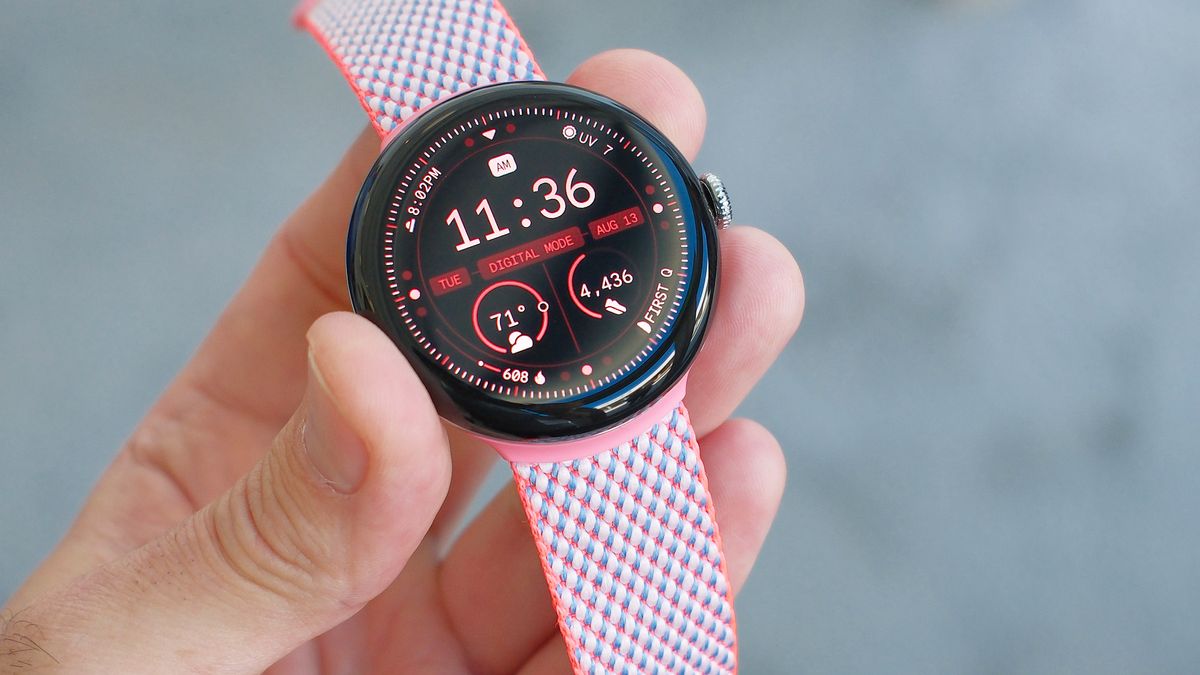Sports
WNBA incident reminded me of scrappy Detroit teams — and why sports needs politics | Opinion

Is the Caitlin Clark hate too much or good for the league?
After Chennedy Carter got a flagrant foul, it got us thinking whether or not other WNBA players going after Caitlin Clark helps or hurts the WNBA.
Sports Seriously
The incident involving Chicago Sky’s guard Chennedy Carter and Indiana Fever’s rookie Caitlin Clark this past week showed why we need to have politics in sports, and how sports helps bridge a gap to have tough conversations.
Lasting all of six seconds, it started with Carter coming off a screen on the weak side of the court and receiving the ball at the baseline. She then knocked down a mid-range jump shot to cut Chicago’s deficit to four (49-53) as they fought to get back into the game late in the third quarter.
After the shot is knocked down, Carter can be seen chirping at Clark, who is standing awaiting an inbound pass.
Carter approaches Clark and shoulder checks her. Clark, who had her back turned, falls to the ground. The push results in a common foul call on Carter and a free throw for Clark.
After the game, the WNBA upgraded the call to a flagrant-1 violation, a more strict penalty.
The game ended in a 71-70 victory for the Fever, marking their first home win of the season. However, what happened after has sparked conversation in sports circles generally, and intensely among WNBA fans.
Wait, what does Detroit have to do with this?
This reminded me of the 2008 scuffle between the Detroit Shock and the Los Angeles Sparks, which I’d heard of years before. But I had to do a little bit of digging, considering I was eight at the time and probably somewhere playing the Wii or riding my bike with friends.
Caitlin Clark’s whiteness makes her more marketable. That’s not racist. It’s true.
The fight started after a made free throw when (another rookie star) Los Angeles Sparks Candace Parker and Detroit Shock’s Plenette Pierson (the WNBA’s first ever sixth-woman of the year and a star in her own right) got tied up running down the court after a made free throw.
The scuffle resulted in a collection of fines and suspensions.
Being a Detroit sports fan as a kid, I’m all too familiar with brawls, and more importantly the conversations that happen after.
The “The Malice at the Palace” — a 2004 fight between the Indiana Pacers and the Detroit Pistons at the Palace of Auburn Hills — continued to shape a negative image of Detroit and a generation of the NBA players involved in it. It caused the NBA to implement stricter policies, including an enhanced security presence and alcoholic beverage restrictions.
It made us evaluate player and fan interactions differently, and shaped what we think is acceptable in crowds and arenas today. I’d argue it also challenged the way we think of Black men in society, after backlash to media descriptions of players as “Black thugs” and other slurs.
And what does this have to do with politics?
There have been arguments that “Clark’s talent privilege” has put a target on her back, and that the shove from Carter would have been labeled as “assault” outside of basketball.
Others argue that other WNBA players are jealous of Clark, and need to be thankful of the eyes she brings to the league — some say that sports media does not have a long-standing history of covering the WNBA correctly until recently.
There are a lot of columns out there addressing these points.
I’m arguing that incidents like the Clark-Carter dispute are helping us have conversations that address the gender pay gap inequality, intersectionality in sports and how to properly and appropriately cover women’s sports leagues.
These examples are the literal meaning of politics in sports, and we should embrace it.
Besides, the WNBA is unique in it cannot operate outside of these politics — because it is a women’s league, something some fans still struggle with, and because it is made up mostly of queer and Black women.
These issues are central to who the players are outside the court. As we have seen, they have no problem being at the forefront of justice movements in professional athlete circles.
And I do not think physicality is needed in sports to have these conversations, but I do think moments like these don’t need to be separate from the broader conversations we are having at school, at the dinner table or at the water cooler.
Sports provide an excellent framework to have tough conversations about who we are as humans. I argue it can both challenge our values, and make us think of other perspectives — while continuing to still be fun and exciting.
Jalen Williams is an intern at the Detroit Free Press. Contact him at jawilliams1@freepress.com.









